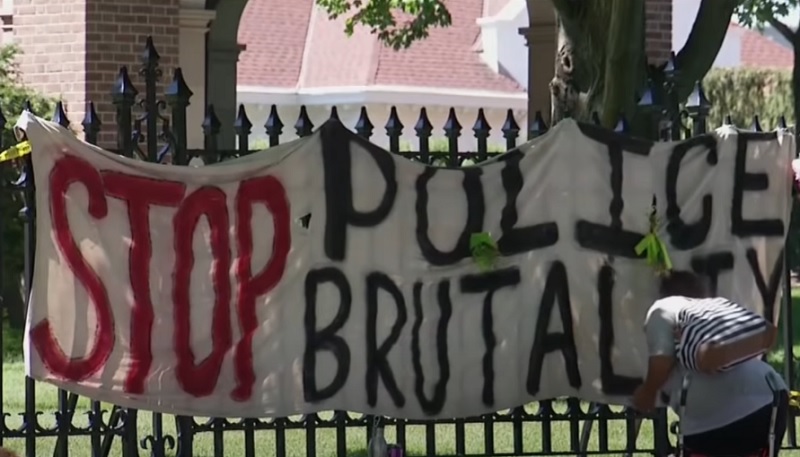
By Steve Pomper
Does Law Enforcement Need to Be Reformed Just Because Radicals Don’t Like It?

No! It’s leftist “police reform” that needs reforming. But it’s tough when even good guys like Senator Tim Scott concede the language to the radicals by adopting the term “police reform.” We should not surrender any terminology to the radical left.
Saying the police should be “reformed” means agreeing with the anti-cop left that they’re “broken.” But saying police need to improve makes sense because every profession and industry should always strive to improve where needed.
The cops don’t need reform because police use tactics, as trained, that cop critics don’t like or don’t understand (e.g., chokehold vs. “sleeper” hold). Or because cops make honest mistakes or, rarely, do something unethical or illegal.
When critics complain, even about genuine police brutality, critics often extrapolate a single or a few high-profile incidents (often even after the officers have been cleared) into a systemic problem that doesn’t exist. There are already oversight processes to deal with officers accused of wrongdoing. Just because you don’t like the outcome doesn’t mean they don’t work.
But problems arise because police haters, honest critics, and those ignorant about police work confuse what “bad policing” means. People think cops always “get away with it” because most times, the use of force people mistakenly judge as wrong was proper.
Reform vs. Improvement
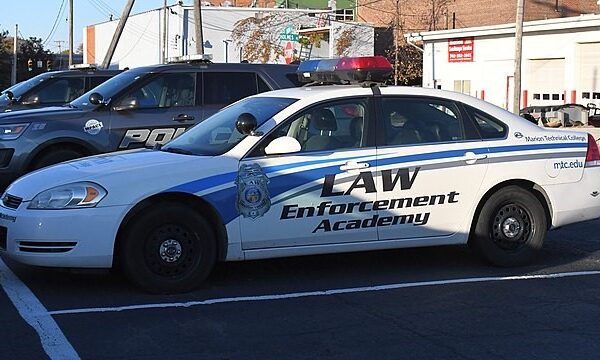
While reform might mean improvements will happen, improvement doesn’t necessarily mean reform needs to happen. To improve takes something that works and makes it better. But reform means fixing something that is broken or perceived to be. Whether it’s genuinely broken, or radicals pretend it is, people want to erase it and start over—or erase it and replace it with something different, or simply abolish it.
But the word reform, especially when used by “both sides,” becomes the narrative—with the tacit approval even of some opponents. Then they dismiss any attempts to improve as not good enough because it’s not what leftists want.
Reform Based on One Exploited Incident
No reasonable person would suggest “reforming” an entire industry because of what one negative thing an employee does anywhere in the country. Even 2000 miles away. If I’m a bus driver in Albuquerque, and I do something wrong intentionally or by accident, why should bus drivers in Oakland be affected? The answer is, they’re not. This absurdity only seems to apply to the police.
Even with the event in Minneapolis in 2020 that radical leftists hijacked to ride to revolution, there are legitimate questions as to the extent of the former officer’s guilt, many prompted by medical examiner reports. Did the cops actions “look” bad? Yes, especially for non-cops. Chauvin did himself no favors, and he’s paying a heavy price for it.
But the leftist mob showed up with a “rope,” looking for “justice,” and they were going to find it—or else make innocent people pay by destroying property and committing violence during more than 550 riots. Then the radicals absolved the convicted felon, high as a Hunter Biden, criminal suspect of any responsibility for the situation that led to his death in police custody.
Radicals Elevating Criminals: From Creeps to Christ-like
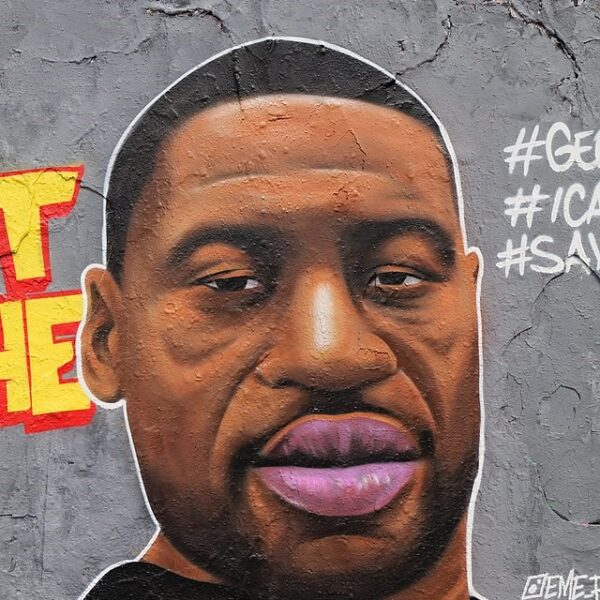
George Floyd Mural
The radical left and their enablers tend not only to excuse wrongdoers of any blame for their part in a police uses of force and further virtually sanctify the suspect. Out of many memorials, at least one mural has an image of George Floyd with a halo and wings. He was a convicted felon, under arrest, and, reportedly, had a “fatally high level of [fentanyl] in [his] system, when he died.”
To carry the angel-making to an extreme, New Orleans Mayor LaToya Cantrell recently took the unusual gesture, according to WWL TV 4 News, of showing up in court for a carjacking case—to support the carjacker! Behavior like this is what American society needs to reform.
A Never-Ending Barrage of Anti-Police Myths
Leftists and their sympathizers say, what about… Treyvon Martin, Freddie Gray, Breanna Taylor, Rayshard Brooks, Eric Garner, Daunte Wright, Jacob Blake (Kamala Harris said she was proud of him), and Michael Brown? What about them? Martin had nothing to do with the police. He was killed by a “white Hispanic.” Yet, that incident launched the anti-police Black Lives Matter.
Not one of those people was totally innocent, and investigations proved that they either contributed to or caused the circumstances of their deaths. Some people see them as victims of police brutality despite their “victimhood” is a myth.
As I wrote in the NPA’s book, The Obama Gang, radical leftist groups, after many years and even after President Obama’s Attorney General Eric Holder debunked the notion, still use images of the Michael Brown shooting myth, “hands up, don’t shoot.” Grandstanding politicians did it, too.
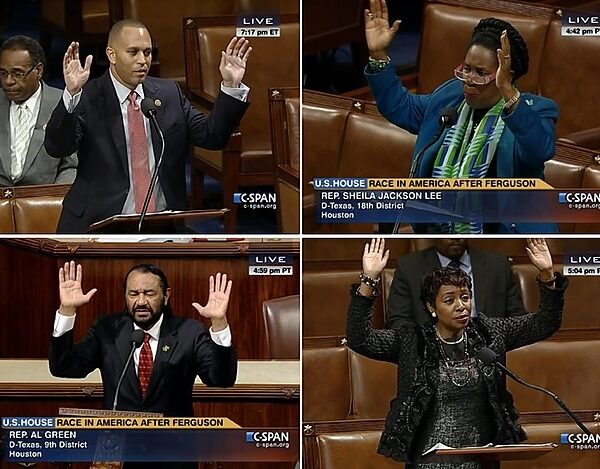
The Formula for Anti-Police Mythmaking
Here’s the formula: Pounce on a police shooting where the suspect is black, and the officer is white (although cops of any race will do). Immediately cry “police brutality” and “racism” without any evidence. Don’t worry about evidence. The media will dutifully broadcast your premature, false accusations, setting up the cops to be on defense.
Then, by the time people know the facts, it’s too late. Most people will only hear the initial false reports and remember that. Many of them won’t be interested in the true story because the myth “feels” better and is what the anti-police radicals demand they believe—or else.
Fixing Something That Ain’t Broken
So, what happens when you try to “fix” something that isn’t broken? You break it! To see if something needs “fixing” in police work, you first must ask some questions. First, what the cop did wrong—against department policy or the law, if anything? If an impartial investigation finds wrongdoing, impose the proper discipline. But, do you think the cop did wrong because you don’t like it? Not liking it doesn’t make it wrong.
Can training, weapons, tools, and tactics evolve? Of course, and they should. But that doesn’t necessarily mean the police need reform. When cop critics decide tactics are “wrong” but only after the officer performed as trained, where is the fairness in that?
Why People Think the Cops Need to Reform?
Then, aside from deciding guilt of individual officers, we must also ask why people think law enforcement, generally, needs to be “reformed.” Again, is it because they didn’t like what the cops did—because they don’t like cops? Isn’t it prudent to ask if they are judging police work and police officers fairly?
Ask, do some people not like what cops do because they don’t understand what cops do? There are a lot of good people in this category. I’ve said before police agencies and organizations that create public service announcements (PSA) to help people understand a cop’s job (NPA has done some great work in this area) are necessary and need to happen more often.
“Remedies” Offered by People Who Hate Cops
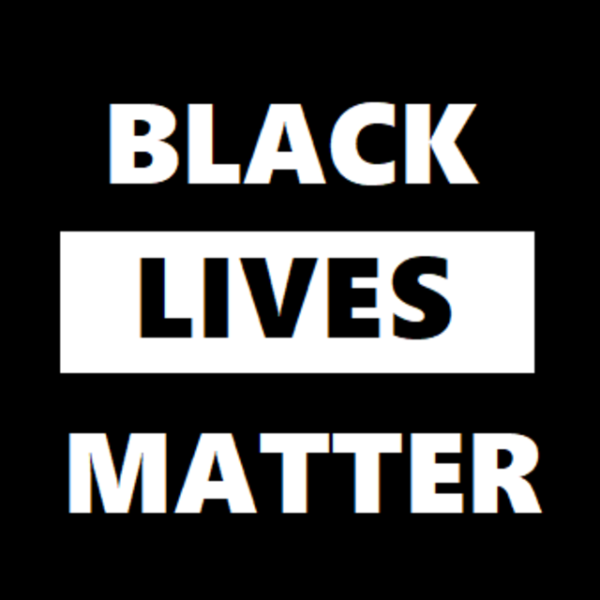
People should also ask, are the suggested “reforms” legitimate if they’re offered by people who hate you? Can someone who hates you have true “reform” in mind—or is it something else?
No Reform Needed: Law Enforcement Does Just Fine When Officials Allow Cops to Work
Law enforcement, as intended, works the way it should—right now—today, when leaders allow it. Political leaders should refuse to succumb to leftist propaganda and allow the cops to do what they’ve been trained to do: enforce the law. Misusing law enforcement as a means of gaining political power is what needs reforming.
Here’s a poignant example. Why didn’t Miami experience the same leftist riots as other major American cities? The answer is not complicated. In contrast to riot and crime-plagued cities like Portland, Los Angeles, San Francisco, Seattle, Minneapolis, Chicago, Baltimore, and New York City, Miami did not suffer the BLM/Antifa destruction and violence. And they have low crime rates.
Tucker Carlson asked Miami Mayor Francis Suarez (R) why Miami is different? Carlson pointed out, “The city of Miami is on track for the lowest crime rate since the 1930s….” Why?
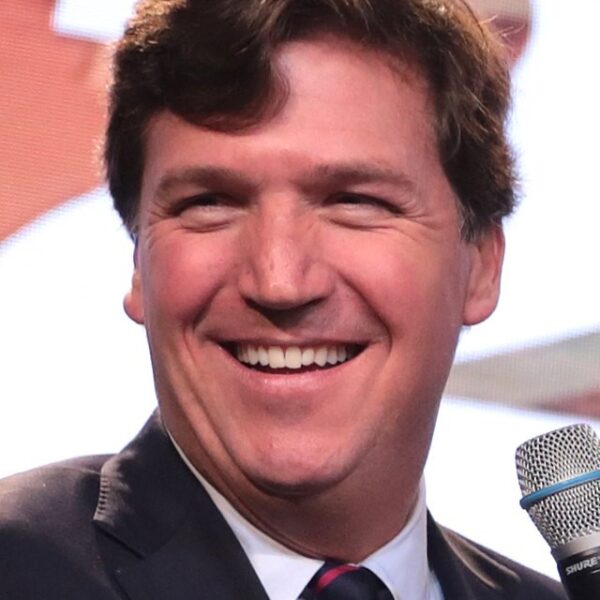
Mayor Suarez said, “Well, I’m gonna blow your mind away. We actually increased funding for police. So, we had the most police we’ve ever had in our history….” Suarez, about not having riots like in other American cities, said, “we drew a line in the sand. We said you’re not going to hurt people. You’re not going to destroy property. That’s something we’re just not going to tolerate.”
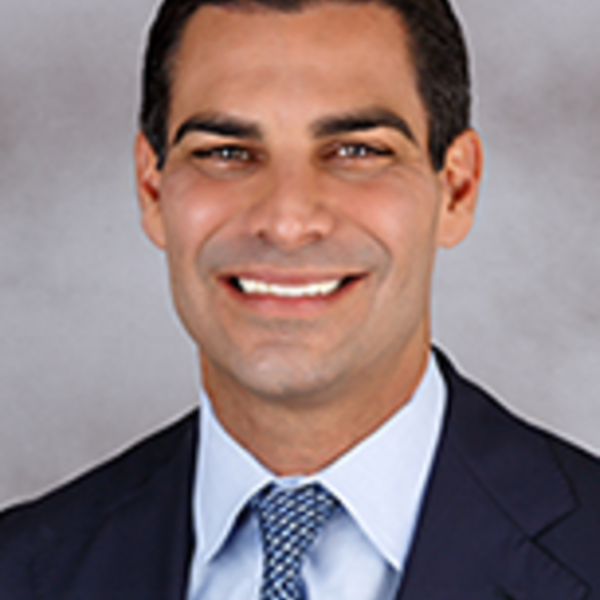
The mayor said the rioters realized Miami wouldn’t allow rioting, so they left and went somewhere else (where they would allow it, I guess).
Wow! It really is that simple. It just takes guts.